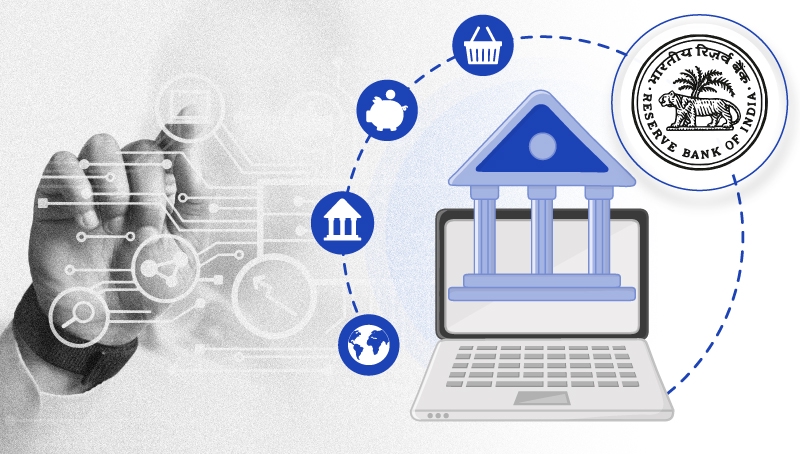Complying with RBI regulations is getting real serious with global financial institutions being slapped with large fines by regulatory authorities in the first month of 2019.
Not complying with RBI regulations slaps Citibank, Bajaj Finance, and Bank of Maharashtra
Citibank: Fined Rs 3 crore
On Jan 11, the Reserve Bank of India (RBI) imposed a fine on Citibank NA for deficiency in its compliance with the RBI’s ‘Fit and Proper’ criteria for directors of Banks.
This penalty, which was imposed by an order dated January 4, has been imposed in exercise of powers vested in the RBI under the relevant provisions of the Banking Regulation Act, 1949, taking into account the failure of the bank to adhere to the ‘Fit and Proper’ directions issued by RBI, the central bank said in a statement.
Bajaj Finance: Fined Rs 1 crore
A few days after the Citibank order, the RBI imposed a fine of Rs 1 Crore on Bajaj Finance for violation of ‘fair Practices Code of Master Direction DNBR’.
Bank of Maharashtra: Fined Rs 1 crore
A day after Bajaj Finance got fined, the RBI imposed the same amount of fine on Bank of Maharashtra, this time for non-compliance with KYC regulations. Interestingly, the RBI had imposed a Rs 1 Crore fine on the bank last year as well, but that was for delay on their part in detecting and reporting fraudulent activities in one account.
Google: Fined UKP 44 million
Remember those times when you clicked ‘I Agree’ on a webpage with a bunch of items pre-checked? Well, Google made people in Europe do that and is now likely to pay a big price for this.
Last week, global internet giant Google was fined UKP 44 Million by by the French data regulator CNIL, for a breach of the EU’s data protection regulations.
CNIL said it had levied the record fine for “lack of transparency, inadequate information and lack of valid consent regarding ads personalisation”.
The regulator judged that people were “not sufficiently informed” about how Google collected data to personalise advertising.
It said the option to personalise ads was “pre-ticked” when creating an account, which did not respect the GDPR rules.
“The user gives his or her consent in full, for all the processing operations purposes carried out by Google based on this consent (ads personalisation, speech recognition, etc).
“However, the GDPR provides that the consent is ‘specific’ only if it is given distinctly for each purpose.”
P2P lending under the scanner
India
The RBI regulations have asked registered Peer-to-Peer Lenders to furnish a host of details including their borrowers, lenders, profits, exposure details, and the financial health of the platforms. The motive seems to be to keep a track of inter-person lending for Anti-Money Laundering.
Indonesia
Indonesia’s burgeoning peer-to-peer lending industry is being closely watched by the Financial Services Authority (OJK).
The OJK said it has enlisted the Communications Ministry to block more than 400 websites and smartphone applications offering illegal P2P lending services.
The OJK’s measures followed a report by the Jakarta Legal Aid Foundation, which says it has received more than 1,300 complaints against P2P lenders; most of the outfits were found to be illegal.
Much like in India, the Fintech space has grown rapidly in Indonesia over the past few years. According to the OJK, registered P2P lenders have channeled a combined 16 trillion rupiah ($1.1 billion) in loans to 2.8 million borrowers, mostly small and midsize businesses, since the regulator began collecting data in December 2016. It’s a market that promises fast credit but has also attracted unscrupulous players.
To know about IDfy’s Digital KYC Solutions, write to shivani@idfy.com
 IND
IND ID
ID PH
PH